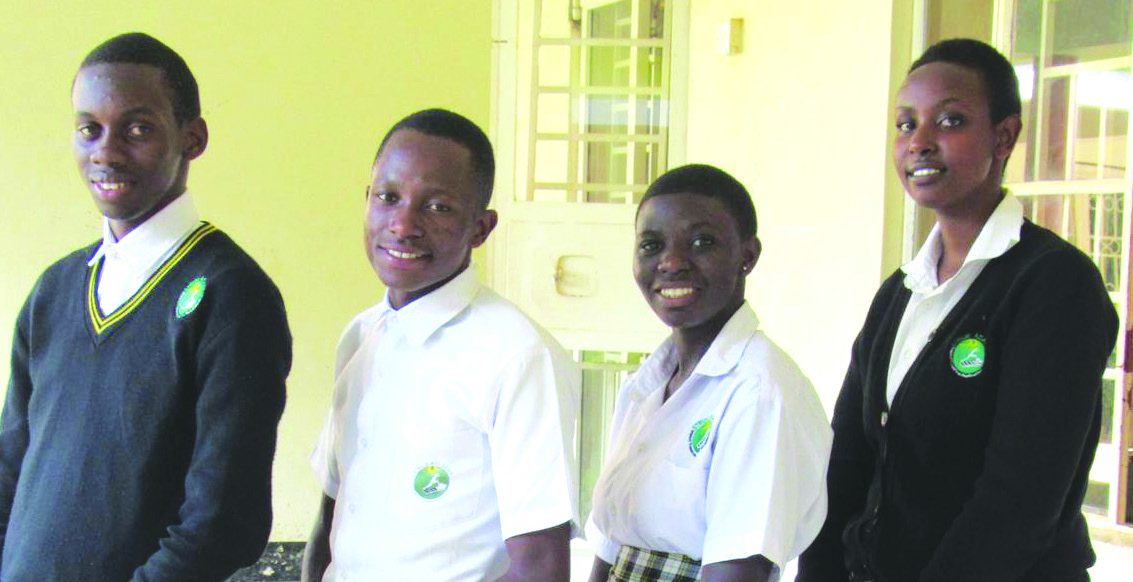Bishop Arnold Muwonge
When we celebrate a wedding, we love to tell the story of how we met, what happened next and how we have come this far. When our athletes win in the Olympics, we tell the story of where we have come from and who contributed to this national victory.
This year, one of the projects I support is celebrating its 16th anniversary. I still remember looking at an empty field and, seeing in my mind’s eye, the homes in which children would grow up, receive healthcare and formal education in a loving family. Indeed 16 years later, we can tell numerous stories of children who arrived as juniors now graduating with diplomas in a wide range of studies.
Children can aspire to build on the foundation they have received and become constructive members of society in which we all can flourish.
Educators, philosophers, anthropologists, historians and theologians agree we experience our lives and the world around us as a narrative. We look for beginnings and hope for good endings, we sense intrigue and the sudden changes that occur.
We tell our family’s history about how our forefathers overcame hardships, started new ventures and built their world. We learn from their resilience, their creativity and draw lessons from the mistakes and hardships.
In job interviews, we tell about the jobs or study we have done and how it has prepared us for the task. With our friends and loved ones, we discuss our dreams and hopes for the future and how that guides us in the present.
Our story tells something about the values we hold and the character we display, the obstacles we overcame and the hope we hold on to.
The story is about birth, life, doubt, hope, death, as well as hopelessness and lament. And all the while, we place our own narrative in the bigger story of the world and the time in which we live.
The world is made up of many stories. They speak to us about the wisdom for life. So if we want to educate our children to become valuable citizens and rounded human beings who fulfil their potential, we cannot just focus on knowledge.

We need to educate them in wisdom. We need to choose the stories carefully so that they contain valuable lessons for life.
In the context of the recent pandemic, where the doors were closed, we need to tell stories that lift our children’s eyes again.
We need to invite them to explore the future with creativity, confidence and faith. It is said that if you want to learn about a culture, listen to the stories. But if you want to change a culture, change the stories.
By engaging them with parables, we purposefully develop their wisdom for life. Education is not about isolated topics that help us function in the real world.
Education is not merely about information but about formation. It is about becoming. Not merely choosing a study and profession, but walking daily on this forward-moving trajectory.
Along the way, the subject matter we studied, the company we keep, the character we develop, the lifestyle we cultivate and the stories that inspire us will carve out a unique lifelong path.
So, in telling our stories and who we are, in helping groom the students and young people around us, we should never forget to also tell the spiritual story. It is no wonder there is a growing interest in the ‘spiritual’ element of education.
For our stories reveal a clear moral element to life, an ethos and attainment that will serve us well. With a religious element of education, they draw from a rich source of wisdom. Biblical characters know failure, restoration, courage, joy, disappointment and the rest of the range of emotion in the human predicament.
Telling these stories and artistically reflecting on them in song, dance and the arts enhance the children’s identification with the characters. It cultivates not merely their playfulness and imagination; it also develops constructive mindfulness that generates life.
The importance of joyful celebration reminds them they are woven into a bigger narrative about a God who has a plan and purpose. Plans to prosper them, for a hope and future. Those spiritual themes become a guiding narrative in who they are becoming.
The writer is the founder and director of Destiny Bridge Primary School and Stride High School, Wakiso Town Council

